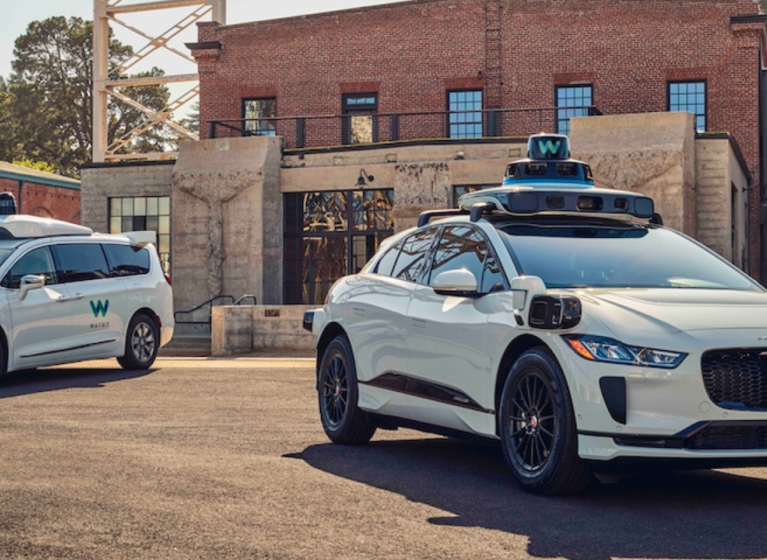The vision of autonomous cars on Polish roads is becoming more and more real. According to experts from the Motor Transport Institute, these vehicles could make their debut as early as 2030. They will bring numerous benefits, such as zero-emission, energy efficiency, reduction of road accidents and a solution to the shortage of professional drivers. However, for the introduction of autonomous cars to be a success, changes are needed not only in technology, but also in regulation, infrastructure and public acceptance.
Research conducted by ITS, however, shows that there is a significant barrier to the social acceptance of these new technologies. Over 67% of surveyed road users are concerned about driverless vehicles, and 79% of experts identify a lack of trust in new technologies as the main obstacle to the development of autonomous vehicles.
ITS predicts that autonomous cars in Poland could appear as early as 2030. Automation, especially in the case of trucks, could minimize the need for drivers by up to 10%, as well as reduce costs related to fuel and vehicle operation. However, to achieve this, changes in state policy, coordinated investment financing, and infrastructure adaptation for communication with autonomous vehicles are necessary.
Promising tests of autonomous vehicles have already been conducted in Poland. Trams and buses have undergone tests in Krakow and Gdansk, which is a positive signal for the potential introduction of autonomous vehicles on Polish roads. However, significant changes in road infrastructure are necessary before introducing autonomous vehicles. Poland currently lacks developed "intelligent road infrastructure" that could communicate with vehicles. This challenge requires coordinated action by the government, institutions, and businesses.
The introduction of autonomous vehicles also raises legal challenges. Current Polish law does not consider the possibility of using autonomous vehicles on public roads, as it stems from the definition of a "driver" as a person controlling the vehicle. Tests are the first step, but further changes in the law are necessary to enable widespread use of autonomous vehicles.
Responsibility for the movement of autonomous vehicles is another crucial aspect. Existing regulations designate the vehicle owner as the responsible party, but full vehicle autonomy requires changes in civil law. Changes will also be necessary in criminal law to adapt it to the new realities of autonomous vehicle traffic.
The contemporary autonomous vehicle market is developing rapidly, and numerous renowned car brands consistently invest in the development of this technology. Global automotive giants such as Tesla and Google (Waymo) are pioneers in the field of autonomous vehicles. Tesla already offers autonomous driving features in its models, and Waymo is testing autonomous taxis on the streets of some cities.
Moreover, traditional car manufacturers such as BMW, Mercedes-Benz, Ford, and General Motors are also intensively working on the development of their autonomous technologies. Everything indicates that autonomous vehicles will become part of the future of automotive industry, and their availability on the market will gradually increase.
In the context of the Polish market, national industry initiatives can also play a key role in the development of autonomous vehicles. Collaboration between the public and private sectors, as well as innovative research and development projects, can accelerate the adaptation of this advanced technology on domestic roads.
In summary, autonomous vehicles are not only a matter of modern technology but also a comprehensive approach to changes in society, law, and infrastructure. With the right support and approach to these challenges, Poland can successfully introduce autonomous vehicles on its roads in the future. Support from the government, businesses, and society will be crucial for the success of this revolutionary mobility transformation.
Photo source: Waymo


 (1)-786x512.png?token=f814884fd429b2262e103031dc769438)
-786x512.jpg?token=cc07a35f1e4e929443038d1eba340ebb)

